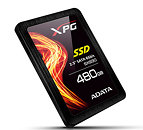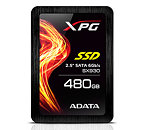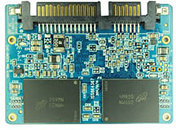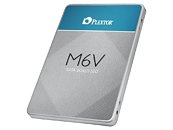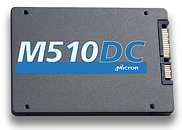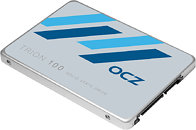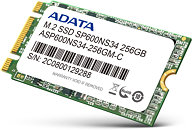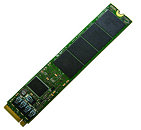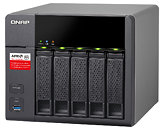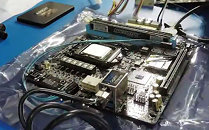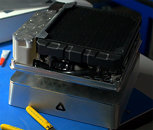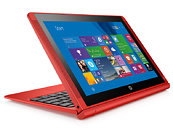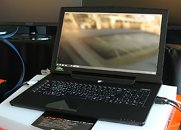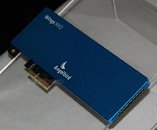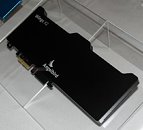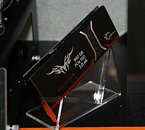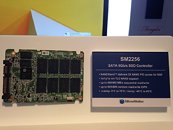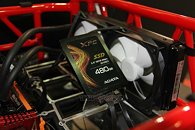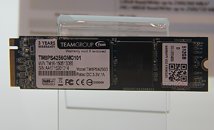
Samsung Unveils New Class of Data Center Solid State Drives
Samsung Electronics Co., Ltd., the world leader in advanced memory technology, today introduced its latest lineup of high performance SATA solid state drives (SSDs) for small and medium sized businesses (SMBs) -- the Samsung PM863 and SM863. These next-generation drives deliver faster speeds and improved reliability in much higher capacities, as well as greater power efficiency, in order to support the heavy demands placed on the data center.
"Companies around the world are racing to digitize their business processes, which is putting increased strain on the data center and extreme pressure on IT managers to find a solution quickly," said Un-soo Kim, Senior Vice President of Branded Product Marketing, Memory Business, at Samsung Electronics. "The PM863 and SM863 solid state drives are the ideal solution, offering much higher density in the 2.5" form factor, which saves IT managers at small and medium sized businesses precious real estate in the data center without sacrificing power or performance thanks to our breakthrough V-NAND technology."
"Companies around the world are racing to digitize their business processes, which is putting increased strain on the data center and extreme pressure on IT managers to find a solution quickly," said Un-soo Kim, Senior Vice President of Branded Product Marketing, Memory Business, at Samsung Electronics. "The PM863 and SM863 solid state drives are the ideal solution, offering much higher density in the 2.5" form factor, which saves IT managers at small and medium sized businesses precious real estate in the data center without sacrificing power or performance thanks to our breakthrough V-NAND technology."


